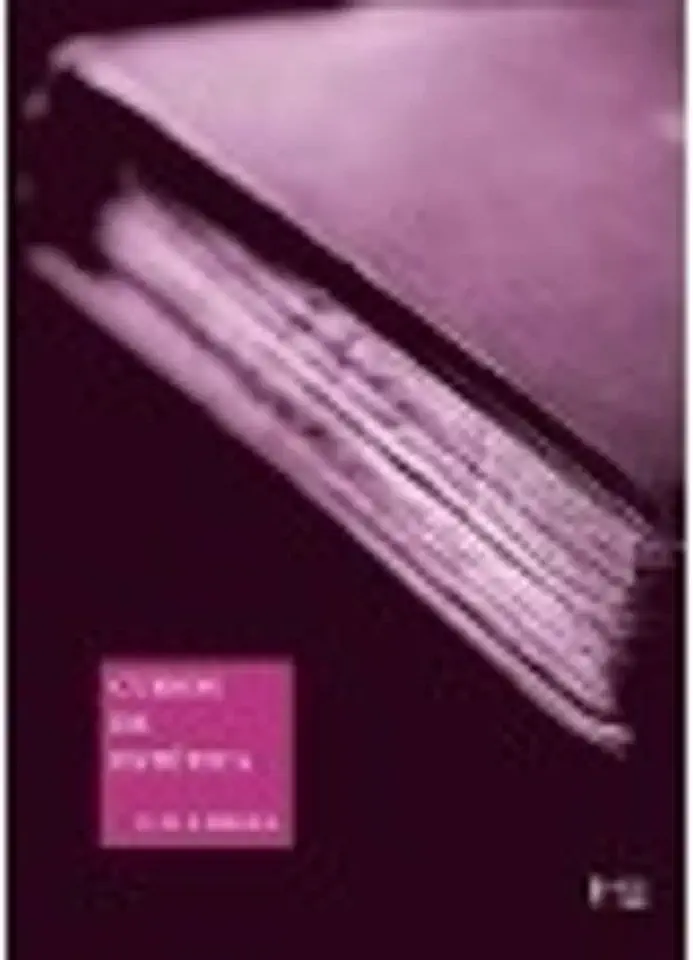
Aesthetics: Lectures on Fine Art
Aesthetics: Lectures on Fine Art
Introduction
In his book "Aesthetics: Lectures on Fine Art", Georg Wilhelm Friedrich Hegel presents a comprehensive and influential theory of art. Hegel argues that art is a unique form of human expression that reveals the essential nature of reality. He explores the different forms of art, including painting, sculpture, music, and poetry, and argues that each form has its own unique way of expressing the truth about the world.
The Nature of Art
Hegel begins by defining art as "the sensible manifestation of the Idea." By this, he means that art is a way of making the invisible visible. Art takes the abstract ideas that exist in our minds and gives them a concrete form that we can experience with our senses.
Hegel argues that art is not simply a copy of the natural world. Rather, it is a creative process that transforms the natural world into something new and meaningful. Art is not about reproducing reality, but about revealing the truth about reality.
The Different Forms of Art
Hegel discusses the different forms of art in detail, arguing that each form has its own unique way of expressing the truth about the world.
- Painting is the art of representing the visible world on a two-dimensional surface. Hegel argues that painting is able to capture the essential qualities of objects and scenes, and to reveal their inner meaning.
- Sculpture is the art of creating three-dimensional objects. Hegel argues that sculpture is able to express the human form in a way that is both beautiful and powerful.
- Music is the art of combining sounds in a way that is pleasing to the ear. Hegel argues that music is able to express the emotions and passions of the human soul.
- Poetry is the art of using words to create a beautiful and meaningful work of art. Hegel argues that poetry is able to express the deepest thoughts and feelings of the human heart.
The Significance of Art
Hegel argues that art is not simply a form of entertainment. Rather, it is a vital part of human life. Art helps us to understand the world around us, and to connect with our own deepest selves.
Hegel concludes by saying that art is "the highest form of human activity." It is the only form of activity that is able to fully express the human spirit.
Why You Should Read This Book
"Aesthetics: Lectures on Fine Art" is a must-read for anyone interested in art, philosophy, or the human condition. Hegel's insights into the nature of art are profound and thought-provoking, and his book is sure to challenge and inspire you.
If you are looking for a book that will change the way you think about art, then I highly recommend "Aesthetics: Lectures on Fine Art."
Conclusion
"Aesthetics: Lectures on Fine Art" is a classic work of philosophy that has had a profound influence on the way we think about art. Hegel's insights into the nature of art are essential reading for anyone interested in understanding the human condition.
Enjoyed the summary? Discover all the details and take your reading to the next level — [click here to view the book on Amazon!]